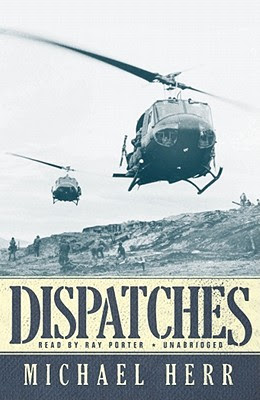 |
| From: https://www.facebook.com/psalmistdelfreda/ |
I have already written my "Morning Pages," but I do miss my freewrites here. So I am going to take sixteen minutes for one.
Yesterday was a good day. These are the verses that I chewed on . . .
I hear the Lord saying,
"I will stay close to you,
instructing and guiding you along the pathway of life.
I will advise you along the way
and lead you forth with my eyes as your guide
So don't make it difficult;
don't be stubborn
When I take you where you've not been before.
Don't make me tug you and pull you along
Just come with me!" Psalm 32:8-9
All last year, God took me on a new path. I think it is one I have always sort of avoided, but it worked out great, and I made friends along the way. I went in not thinking that I had to earn love, and that was a great perspective for me to go into and really into any relationship.
He was close to me the whole time through the challenges of leadership. Now, I am being invited into dreaming sessions for a whole organization. I did not go in with shyness or apprehension or fear. I went in with boldness and heart. So that was a good thing.
So leadership is not what I am seeking. So I think this year He will take me where I have not been before, and I want to go there. I don't want to have to be tugged or pulled along because he is WITH ME. That is so huge for me to fathom. I know that You, KING OF GLORY, are with me. So, I am not alone. I am lifting up my head to see the KING OF GLORY come with me. Eyes on Him alone, not on the people. I am mixing up yesterday's Psalm and today's because Jason and the gang (there were 9 of us this morning) meditated in Psalm 24 today. I think I go into things with my head down, there is shame, there is fear of rejection or assumed rejection where there is none. Come to think of it, I have really only experienced rejection one time in the last 10 years. I know that I have been excluded from things at my church, but I don't think I see that as rejection because I have not been around indicating that I wanted to be included. So, I wouldn't really see that as rejection. So, why do I assume it? I stepped back from a job yesterday, and my boss said, "Whenever you want to come back, we would love to have you." That was so sweet! I wasn't expecting that. I just assume they wouldn't want me back.
On another note, I met with a potential directee and was pleasantly surprised that it would be a good fit! I did not think leading up to it that it would be. I really enjoyed our time together. We can give it a few times. Then we can reevaluate, but I would like to go down this road for a bit.
She is similar to someone who interviewed me for direction about 1 1/2 years ago. She thought we would be a great fit, but I was pretty full up with others. I really liked her, but she prayed about it and thought we were too similar for it to work. I was so at peace because I didn't feel like it was right even though we clicked. This one just felt right. She is very teachable (funny that they both have the same name too).



















